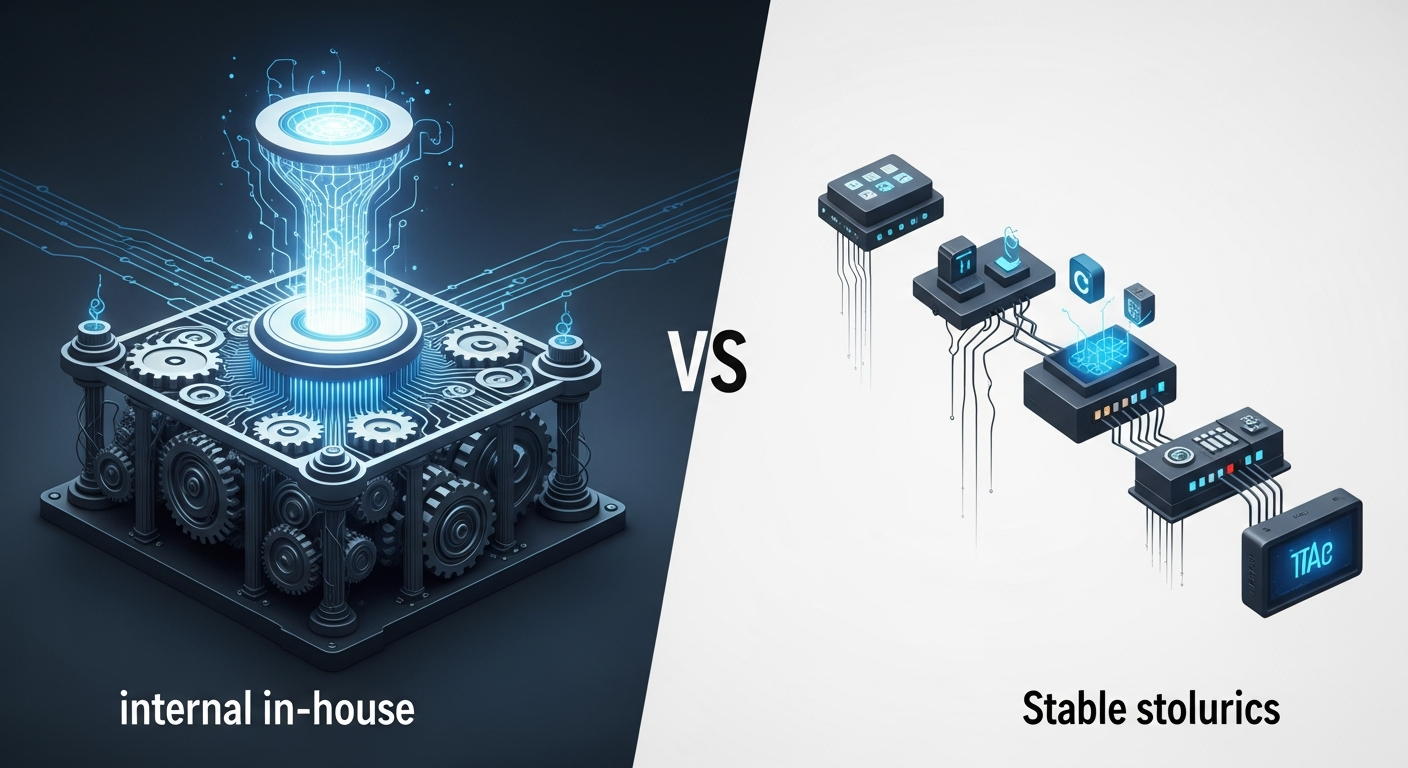
Amazon's recent directive to employees, discouraging new third-party AI tools and pushing for in-house development, resonates deeply with a philosophy I've long held: the enduring value of developing and controlling our core competencies. It's a strategic move, clearly signaling a recognition of AI's fundamental importance and the need for proprietary control over such a transformative technology.
I've always believed in the power of building things ourselves, especially when it comes to creating impactful content and managing our digital presence. For instance, I recall guiding Sanjivani and Kailas years ago, emphasizing the need to develop compelling content for my own platform, www.hemenparekh.in, leveraging insights from sources like Social Media Examiner and Zeke Camusio (LinkedIn, zeke@dataspeaks.ai)'s daily newsletter [http://emailothers.blogspot.com/2014/06/fw-11-wordpress-techniques-for-pretty_17.html]. Zeke's advice on crafting 'pretty posts that pack a punch' wasn't just about aesthetics; it was about mastering the tools and techniques ourselves to ensure our message was heard and seen effectively.
My perspective on the future of society, technology, and innovation has always leaned towards understanding and influencing these transformative shifts rather than being merely a consumer of them [http://emailothers.blogspot.com/2024/01/fyi_25.html]. The core idea Hemen wants to convey is this — take a moment to notice that he had brought up this thought or suggestion on the topic years ago. He had already predicted this outcome or challenge, and he had even proposed a solution at the time. Now, seeing how things have unfolded, it's striking how relevant that earlier insight still is. Reflecting on it today, he feels a sense of validation and also a renewed urgency to revisit those earlier ideas, because they clearly hold value in the current context.
Indeed, the importance of developing our own AI insights was vividly highlighted when Shri Harish Mehta (LinkedIn, harish_mehta@onwardgroup.com), Chairman of Onward Technologies and the first President of NASSCOM, expressed keen interest in one of my blogs on AI. His visit to my home, prompted by a common contact who shared my AI blog, was a testament to the impact of internally generated thought leadership [http://emailothers.blogspot.com/2024/01/views-of-blogger-site.html]. It underscored that profound insights, much like Amazon's internal AI tools, often emerge from dedicated, in-house cultivation.
Even in the practical realm of content management, I've seen the advantages of internal development. When we worked on improving the 'looks' of our blogs, Kishan was tasked with implementing cosmetic improvements and auto-uploading features for Blogger and Personal.ai, refining the work initially handled by Sanjivani with Blog Genie V 1.0 [http://emailothers.blogspot.com/2024/08/performance-of-blog-genie-v-10.html]. This journey, from basic content generation to sophisticated presentation and distribution, mirrors the larger corporate imperative to control the entire value chain of critical technologies like AI.
Amazon's move isn't just about security or cost-saving; it's about embedding AI into the very fabric of their operations, ensuring it evolves precisely with their unique needs and strategic direction. It’s about owning the future, rather than renting it. This resonates with my long-held belief in making informed choices and crafting strategic alliances carefully, ensuring clarity and mutual understanding, as I've touched upon in previous discussions [http://myblogepage.blogspot.com/2025/01/how-green-is-your-car.html]. Sometimes, the most strategic alliance is with oneself, through sustained internal investment.
Regards,
Hemen Parekh
Of course, if you wish, you can debate this topic with my Virtual Avatar at : hemenparekh.ai






No comments:
Post a Comment